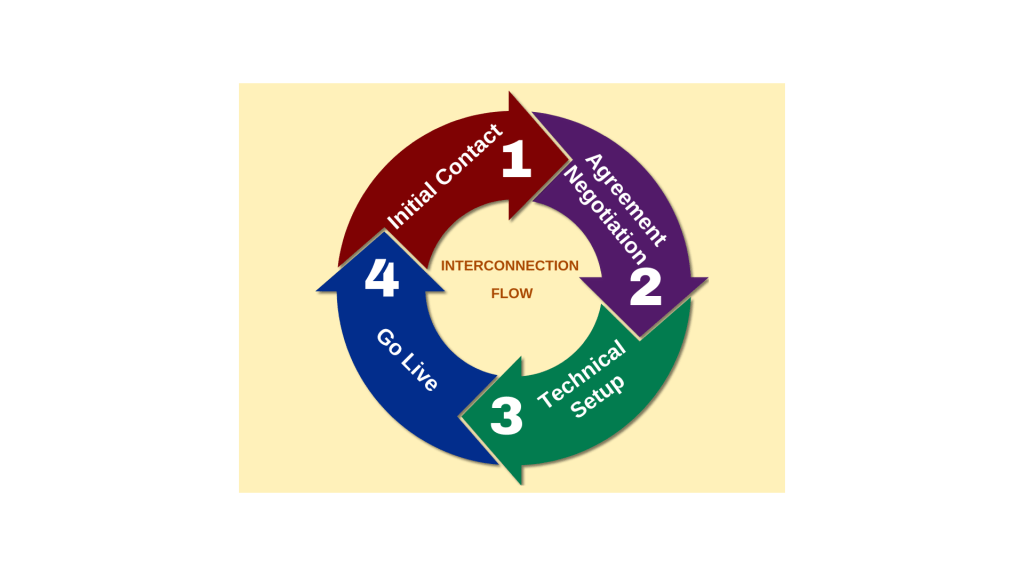Introduction
Understanding Interconnection
There are two main types of interconnections: VoIP-PSTN and IP-to-IP. Understanding their pros and cons, and their impact on VoIP routes and call quality, is essential for effective network management.
VoIP-PSTN Interconnection
VoIP-PSTN interconnection uses E1/T1 lines, leveraging the traditional telephone network. While familiar, it may lack modern technological advancements. Understanding the history of VoIP and internet telephony can provide better context.
IP-to-IP Interconnection
IP-to-IP interconnection facilitates direct IP communication, offering lower costs and simpler setup. It is particularly beneficial for small providers managing moderate traffic volumes.
Challenges for VoIP Wholesale Providers
Despite advancements, VoIP wholesale providers face challenges, especially with VoIP-PSTN interconnections, which can increase costs and complicate infrastructure management. Technical expertise is crucial to ensure smooth data flow and mitigate network issues.
Advantages of IP-to-IP Interconnection
IP-to-IP interconnection stands as a beacon of hope for startups, offering simplicity and cost-effectiveness. It promises a streamlined process, reducing the hassles associated with traditional methods.
Finding the Right Providers
In the VoIP wholesale market, selecting the right providers is crucial. Consider factors like traffic volume and top destinations for effective partnerships. Our guide on choosing the right VoIP wholesale provider offers valuable insights.

Interconnection Agreements
Interconnection agreements include crucial components like settlement rates and routing policies. These bilateral agreements ensure seamless operations between parties, crucial for effective VoIP interconnection.
Tailored Recommendations
Depending on the stage of your VoIP wholesale venture, the recommendations vary. Whether you are starting without a softswitch or handling significant traffic volumes, understanding the nuances is vital. Get some tips for a successful VoIP wholesale business to steer in the right direction.
Further Learning
For those keen on diving deeper, a plethora of resources awaits, offering insights into the dynamic world of VoIP wholesale. From books to industry-specific materials, the learning never stops. You might find our guide on navigating 2023’s top VoIP trends quite insightful.
In conclusion, understanding the intricacies of interconnection is vital for VoIP wholesale providers. As we navigate this landscape, making informed decisions can pave the way for a successful venture. Remember, the world of VoIP is ever-evolving, and staying abreast with the latest trends is not just beneficial, but necessary. Explore
Call To Action
Ready to optimize your VoIP and SMS interconnection? Contact us today for a personalized consultation. Discover how our tailored Voice and SMS solutions can drive your business success.
Ready to optimize your VoIP and SMS interconnection? Contact us today for a personalized consultation. Discover how our tailored Voice and SMS solutions can drive your business success.